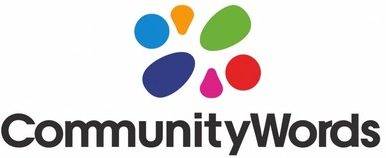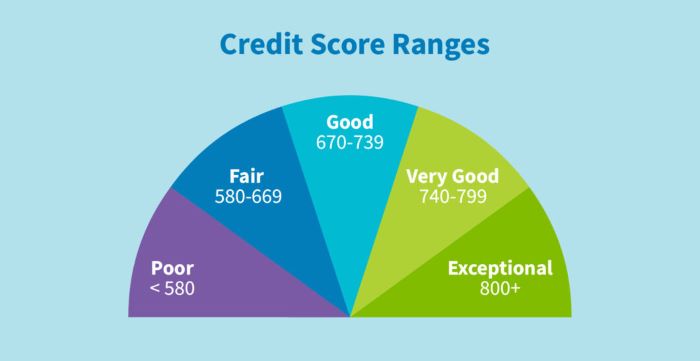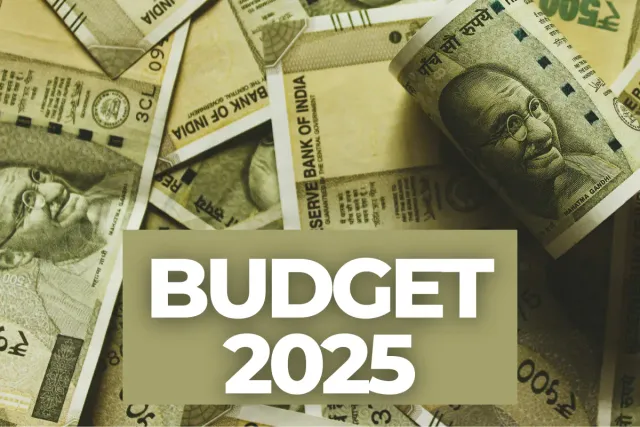What drives us all to pay our bills just on time? The first answer that comes to our mind is our CIBIL score. Well, we can all agree when it comes to keeping our credit score healthy. There are just so many benefits when it comes to having a good CIBIL score and re-payment records.
What is a Good CIBIL Score?
A good cibil score is more than 750. When it is above 750 – it is considered to be a good score. It will help you get faster approvals for your credit card.
It shows that you have a good credit history and can manage your credit properly by settling the balance on time. This demonstrates that you are a reliable person who can pay off your debts on time.
Importance of a Good CIBIL Score
For the following reasons, the CIBIL score is necessary for an unsecured credit card application.
- Individuals with a high CIBIL Score may be offered a credit card with higher credit card rewards, privileges, and unique offers. For instance, individuals with a CIBIL over 750 are eligible for SBI simply click credit card benefits. This makes it an important factor when getting credit cards.
- It assists the issuer in determining your creditworthiness and determining the risk of granting you a credit card.
- A higher CIBIL score boosts your chances of being approved for a credit card with ease and a bigger credit limit.
- A persistent good credit history boosts your chances of getting more loans and credit cards. Loans like home loans, vehicle loans, and much more.
- A good cibil score also helps you get instant loans from your home bank. It gives you the opportunity to avail pre-approved offers.
Why do Banks Check the Credit Score?
Loans or credit cards of various kinds – banks must take a bigger risk when granting an application. That is why it is critical for them to determine whether or not an application is creditworthy enough to pay their payments on time. And what better than a CIBIL score to predict debt payback behavior?
When applying for loans or credit cards, an individual must present all relevant documentation. The bank, for its part, conducts a hard inquiry into his or her credit history. The lender would learn about the applicant’s general repayment history, whether they have missed any payments, the number of active accounts, credit cards, and loans, and the credit utilization ratio – by reading the credit report. If any of these fail to meet the approval conditions, the application is refused.
Note: The number of credit cards you have is also taken into account when calculating your credit score, as having many cards can lower your credit utilization ratio. If your costs remain constant while using two credit cards, your credit utilization may decrease if you boost your monthly credit limit by utilizing several credit cards. As a result, it may be beneficial to raise your credit score progressively.
What Benefits Will You Take Home When You Have a Good COBIL?
The following are some of the benefits of having a strong CIBIL or credit score when applying for bank loans or credit cards.
- Reasonable interest rates.
- Some of the best credit cards and loan offers are available to you.
- Credit card approval is a simple and painless process.
- A credit limit increase is possible.
What is the CIBIL Score Required to Get a Credit Card?
While a CIBIL score of 750 or more is preferred, those with lesser CIBIL scores may also be eligible for a Credit Card. Because the risk is higher for persons with a lower CIBIL score, the interest rate is normally higher, and the credit limit may be smaller than for those with a high CIBIL score.
There may also be restrictions on how the Credit Card can be used. However, there is no set minimum CIBIL score for credit card approval. You can check with your banker or apply online. The bank executive will do a background check on your CIBIL score and communicate the approval criteria.
It is, therefore, preferable to maintain a minimum CIBIL of 750 to receive better credit card offers and faster approval. One of the eligibility conditions for getting your Credit Card accepted is a CIBIL score.
Ways to Improve Your CIBIL
By implementing solid financial habits, you can easily increase your CIBIL score. The following are some of the most important financial habits to develop if you want to increase your CIBIL score:
- It is recommended that you keep track of your active and closed loan accounts and have a strong comprehension of your credit report. If you discover an error or a discrepancy, you must notify CIBIL immediately.
- Pay Your Bills on Time. This is the single most crucial financial habit to develop in order to keep a healthy CIBIL score. You must be on time when it comes to repaying loans and credit card obligations.
- When you opt to avail of a credit card or loan, the bank/NBFC seeks your CIBIL credit record and score. These are referred to as hard inquiries, and they have a negative impact on your CIBIL score. As a result, it is best not to apply for a lot of cards or loans in a short time span.
- A balanced mix of secured and unsecured loans in your credit profile demonstrates that you have expertise with both sorts of loans and are thus more creditworthy. Personal loans and credit cards are unsecured, whereas home and auto loans are secured.
- You should avoid using up your full credit limit on your card because it demonstrates poor financial habits. According to experts, you should not use more than 30% of your credit card’s credit limit.
Conclusion
A CIBIL higher than 750 is known to be ideal and healthy. You can always boost it beyond it with the methods mentioned above. So, get all ready to maintain that healthy score and experience greater benefits.






